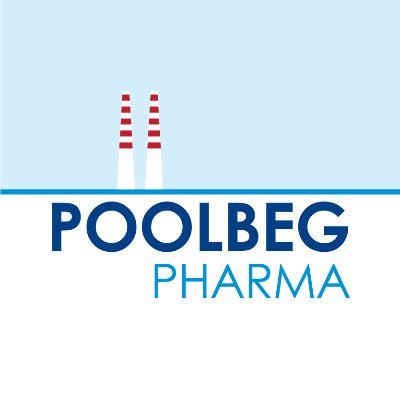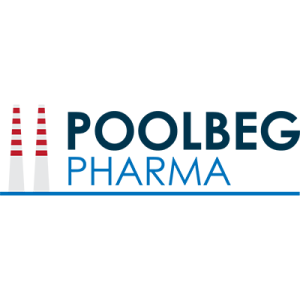AI is an advanced form of machine learning that can rapidly analyse very large datasets, highlight non-intuitive trends resulting in the identification of novel disease targets and associated drugs. AI can tilt the odds of drug development by identifying products which are more likely to succeed in the clinic.
Poolbeg Pharma has access to a unique private repository of human challenge study disease progression data and samples. These datasets provide critical clinical insights into disease that guides our product acquisitions and clinical development.
Poolbeg Pharma plc (LON:POLB) is a clinical stage infectious disease pharmaceutical company, with a novel capital light clinical model which enables us to develop multiple products faster and more cost effectively than the traditional biotech model.


